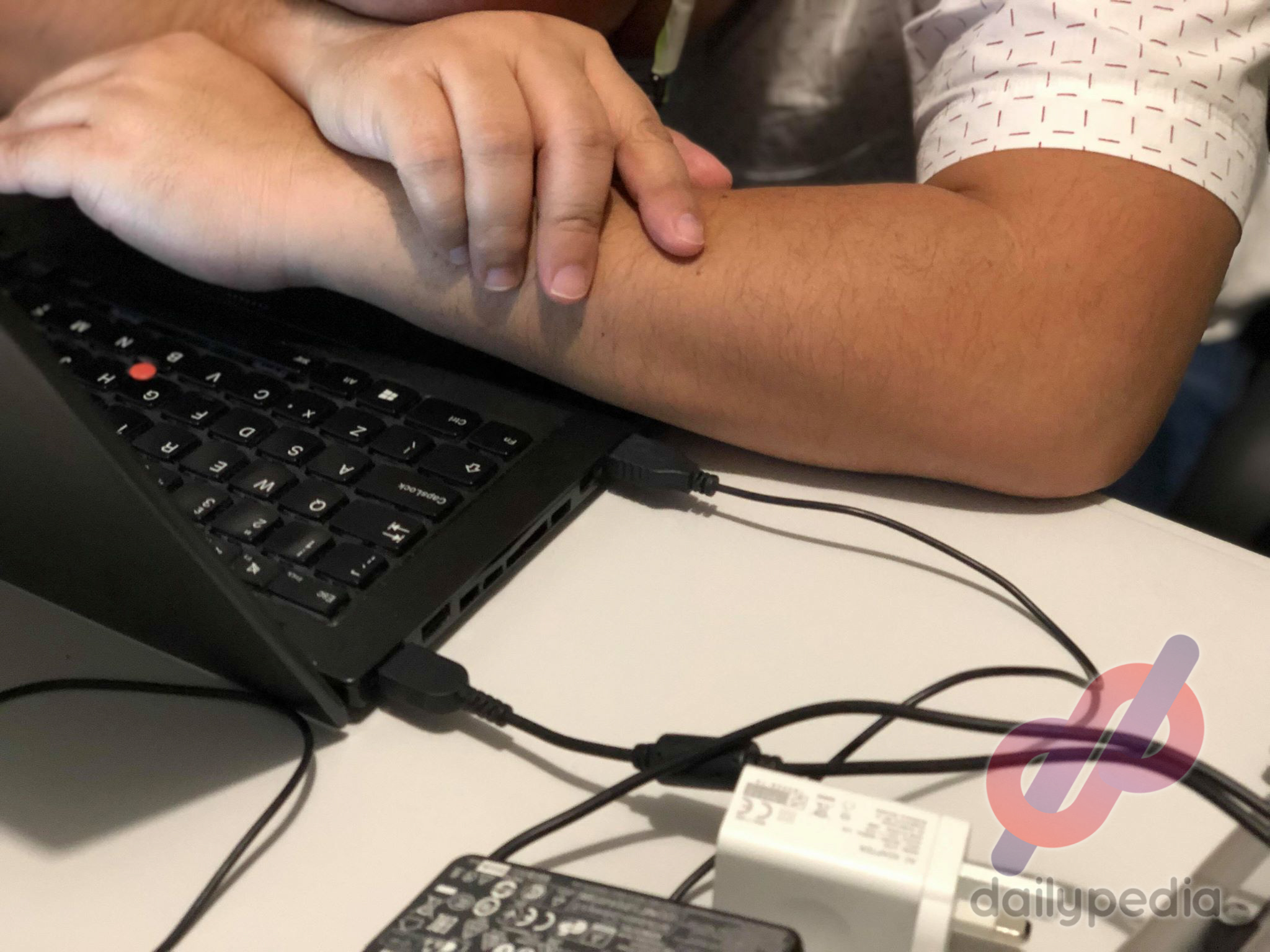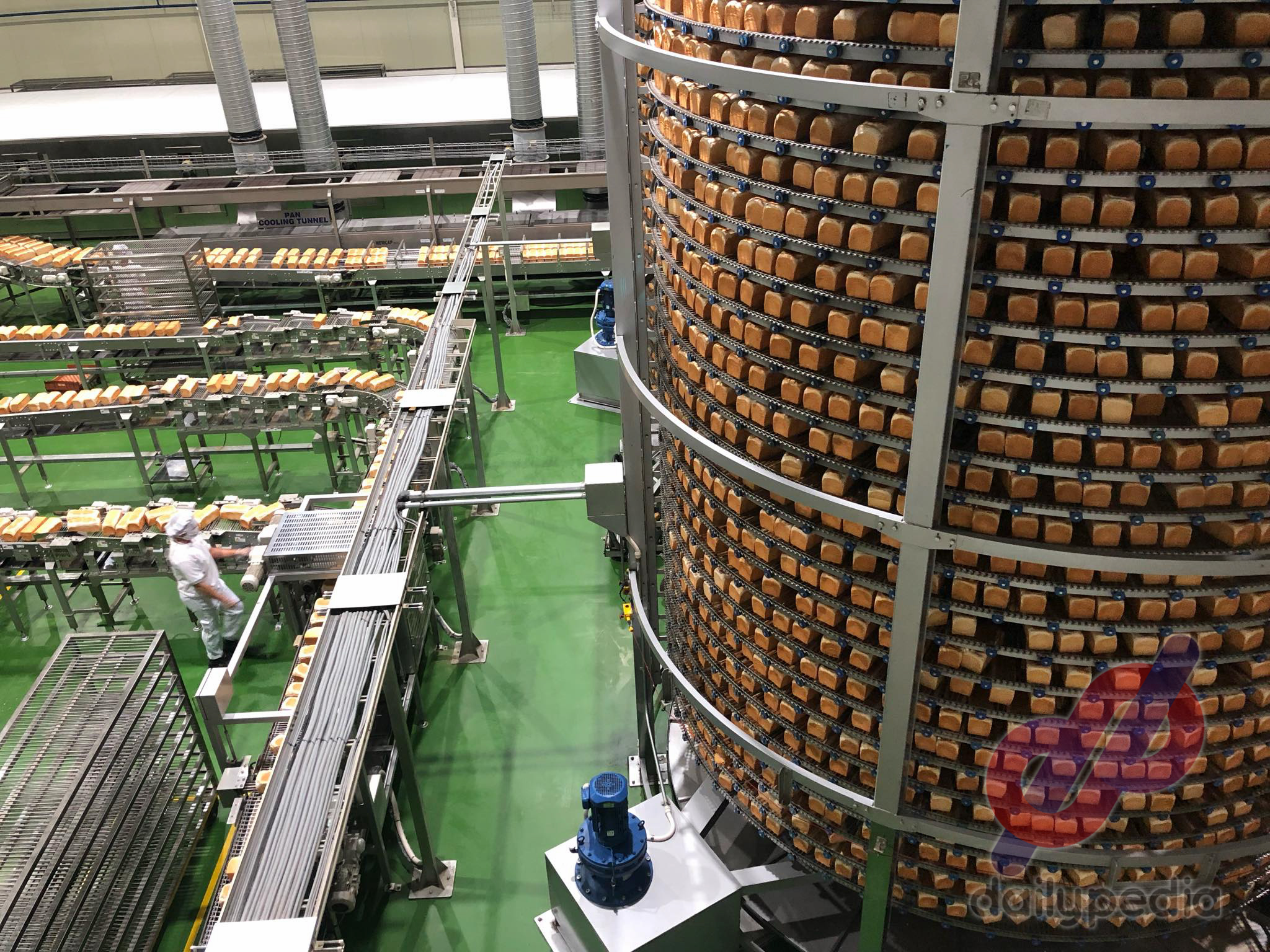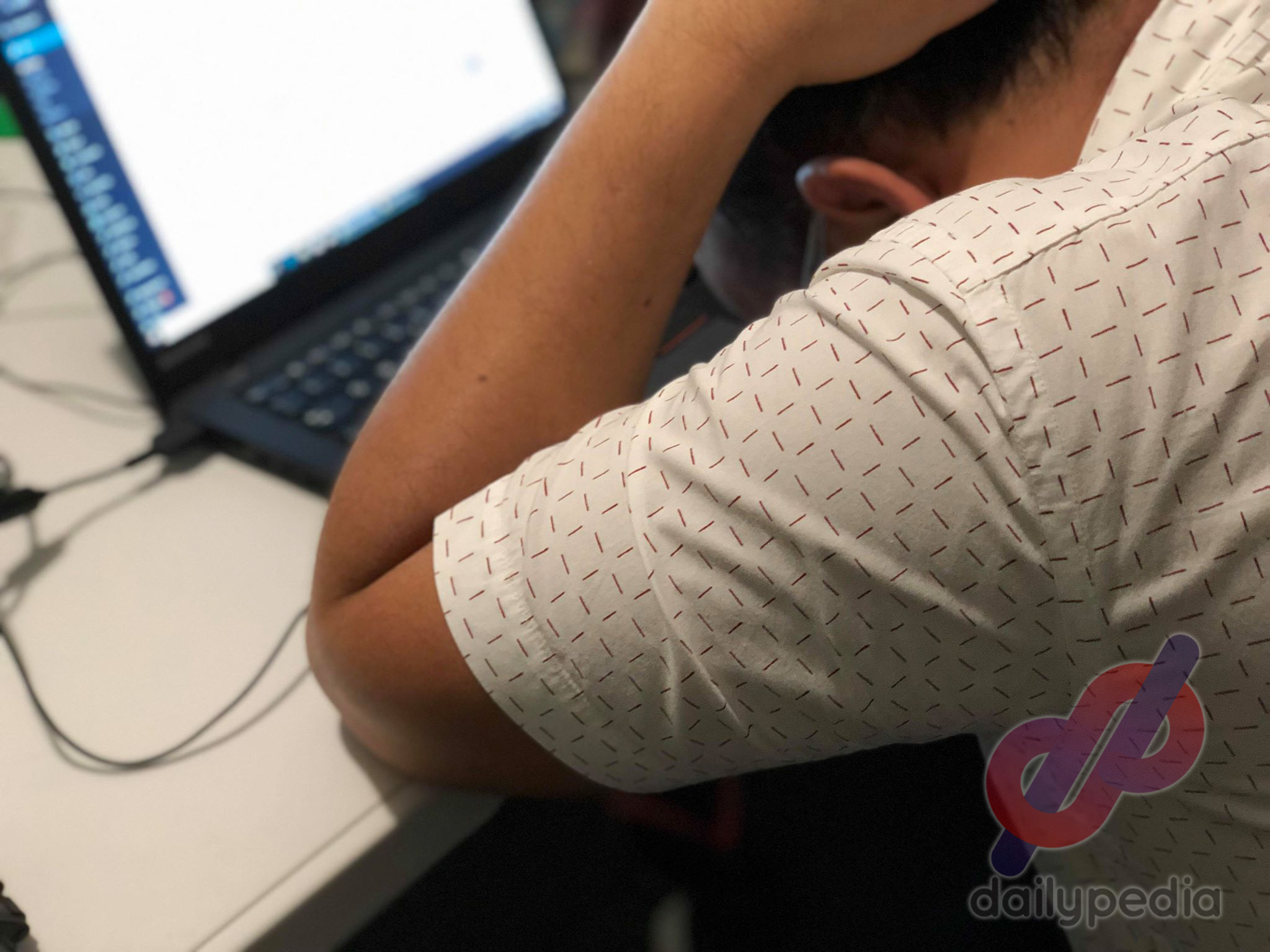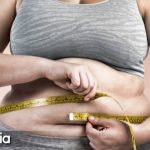- Eating healthier will help you get better sleep
- Fruits are okay to eat since they have fiber
New York scientists examined 50,000 food diaries from women in their 60s and concluded that those who consumed more processed grains and sugar had more difficulty with sleeping.
Women who ate more offending foods were 16% more likely to develop insomnia in the next three years, the study found. Those who had more sugars in their diets also reported that they are 11% more likely to be suffering from existing insomnia.

The respondents were already in the postmenopausal stage and had their glycaemic index measured. Foods high in fat and protein have lower glycaemic index levels.
According to the scientists, when you consume too much sugar, your blood sugar will get affected significantly that your body releases hormones that are programmed to keep you awake.
Interestingly, sleep loss also makes people want to eat more, leading to weight gain.
Dr. James Gangwisch, a psychiatrist at Columbia University says that there is a significant correlation between insomnia and food intake.
“Our results point to the importance of diet for those who suffer from insomnia. Avoiding insomnia is, therefore, another good reason to avoid sweets besides weight control,” he added.

Although the study did not try and dig deeper into why refined carbs and sweets affected sleep, Dr. Gangwisch says that this might be because of hormonal changes.
Adrenaline and cortisol are released by the body which can really affect sleeping.
:When blood sugar is raised quickly, your body reacts by releasing insulin, and the resulting drop in blood sugar can lead to the release of hormones such as adrenaline and cortisol, which can interfere with sleep.”
The study also found that women who had more fiber, whole fruits, vegetables in their diet slept better, and less likely to develop insomnia.
It is acceptable to eat fruits even though they have sugar since they also have fiber which helps keep your glycaemic index levels low.

Jose Ordovas from Tufts University in Boston, who is not involved in the study, shared his thoughts.
Ordovas said that women who have difficulty sleeping may have poorer diets. Tiredness also plays a big part that leads women to eat more junk.
“Using these findings as the basis for prevention and treatment of insomnia is extremely premature.”
Dr. Gangwisch also says that eating less sugar and developing healthier eating habits is a great way to start getting better sleep. Doctors also recommend people who need to control their blood sugar to eat healthier.
“The take-home message here is to limit the consumption of highly processed carbohydrates such as added sugars since they could contribute toward or exacerbate insomnia.”


